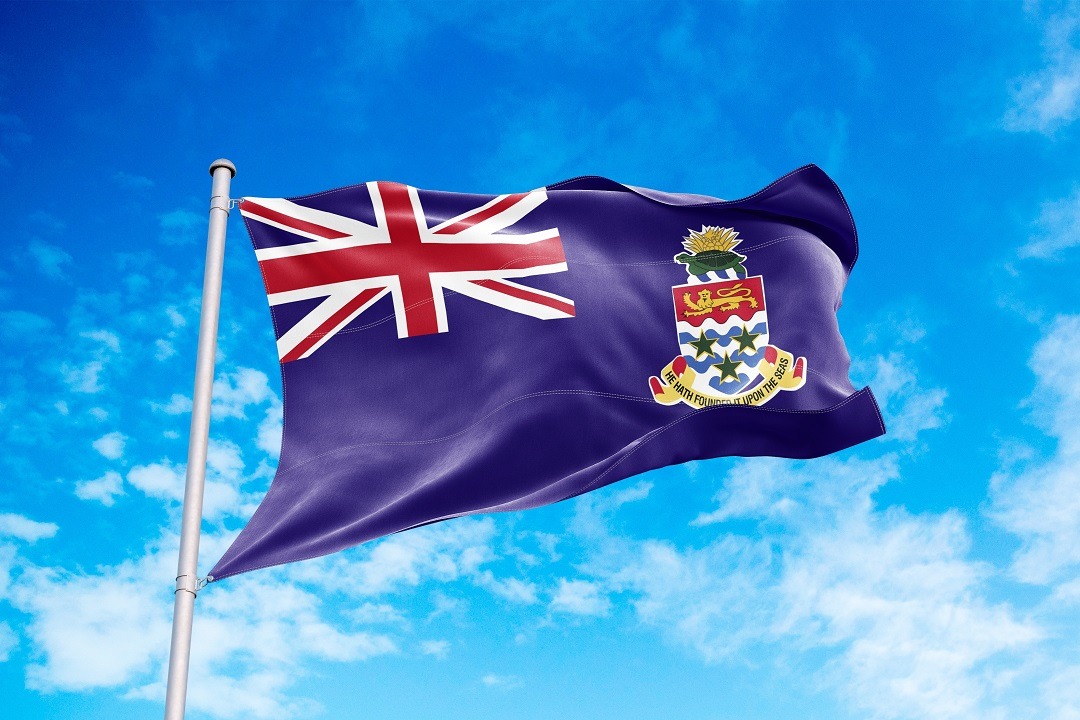What Type of Bank Account Do You Need for International Payments?10 min read
Reading Time: 4 minutesWhether you’re an individual sending money abroad or a business facilitating global commerce, conducting international payments across borders requires opening the right type of bank account.
With the rise of digital connectivity, more people and companies than ever are regularly transferring funds internationally.
However, not every standard checking or savings account has the capabilities required. So what options are available, and which one is the best fit? Let’s take a look.
What Type of Bank Account Do You Need for International Payments?
Let’s take a deep dive into exactly what is required in both sending and receiving bank accounts to successfully process international payments, covering the basic options for personal and business use cases.
Sender Account Details
To initiate a transfer, your bank will need your name, account number or IBAN, the BIC/SWIFT code identifying your bank, and your registered address. These serve as the originator details communicated between financial institutions via the SWIFT network.
Recipient Account Info
Equally crucial is providing the recipient’s banking details correctly. At minimum, this usually includes their name, IBAN (if the destination country uses this standard format), account number or other national identifier, plus the BIC/SWIFT code and address of their bank branch.
Some emerging markets may still use older domestic account number styles, so it pays to double check requirements with the recipient’s bank directly.
And of course, triple check all details are entered accurately – even one incorrect character can cause delays or result in funds getting lost in cyberspace.
Verify Before You Send
For larger transfers, some banks may ask you to provide additional verification of account ownership like a signed hard copy letter from the recipient. This helps protect against fraud. Take your time getting recipient bank details right before hitting send.
After all, you don’t want to accidentally wire money to the wrong person halfway around the world!
With the proper sender and recipient account information in hand, most cross-border payments between participating financial institutions can be completed smoothly.

Can I Use a Personal Bank Account for International Transactions?
While a standard personal checking or savings account will technically allow sending the occasional small international wire, several limitations exist:
- Lack of multi-currency support means exchanges incur higher fees
- Tracking payments between banks for disputes becomes more difficult
- Complex commercial transactions aren’t feasible without added tools
- Tighter fraud controls may unexpectedly decline some transactions
- You miss out on perks like debit cards usable for purchases abroad
So for all but the most basic occasional usage, a dedicated international payment account tailored for cross-border use offers clear advantages:
Specialist providers like The Kingdom Bank design these accounts specifically to remove friction. Advanced security also gives peace of mind.
Best of all, accounts require no minimum deposit or balance, so might as well take advantage of the added benefits – right?
A traditional local account can work in a pinch. But for regular, higher-value or more involved international money movement, a proper solution is well worth investigating.
What Type of Account Should Businesses Open for International Transactions?
When it comes to facilitating global commerce, businesses naturally have higher volumes and more complex payment needs than individuals.
For this, specialized solutions are optimal:
- Multi-user access allows finance teams to collaborate securely
- Batch uploading of payment files streamlines disbursements to suppliers
- Reporting and approval workflows maintain governance over spending
- Integrations with accounting software keep books in order
- Expert support stands by as requirements change over time
Providers like The Kingdom Bank deliver feature-rich international payment accounts tailored for companies of all sizes. Advanced online banking portals pair with responsive, multilingual customer service.
As businesses expand globally, their banking partner should scale easily too. The Kingdom Bank ensures accounts grow with clients through the years.
After all, who wants to deal with constant account upgrades and migrations as volumes increase?
While a personal international account could work for the occasional cross-border transaction, dedicated business-grade solutions deliver enhanced capabilities vital for powering global operations over the long run.

What Fees Are Associated with International Payments Account?
Any banking product involves certain costs. Let’s explore the most common fee types associated with international payment accounts:
- Account opening/maintenance – Some providers charge monthly or yearly servicing fees
- Transfers – Sending funds globally typically incurs a nominal processing charge
- Currency exchange – Exchanging currencies applies a small margin
- Incoming payments – Recipients may pay a receiving fee
- Urgent/priority payments – Optional charges for faster processing if needed
- Investigations – Applies if tracing a failed or misdirected payment
However, many top providers like The Kingdom Bank aim to keep costs low and transparent. Personal accounts have zero monthly fees or deposits. Transfers occur in real-time 24/7 at competitive rates.
For businesses, customized pricing scales affordably with payment volumes. Advanced capabilities more than offset nominal account charges – a small price to pay for streamlined global financial management.
What Documents Are Required to Open an Account for International Payments?
While paperwork is never fun, verifying identities and assessing risk is critical in the global financial system. Reputable banks adhere to know-your-customer and anti-money laundering regulations by collecting basic documentation.
Personal Accounts
The standard ID/proof of address documents usually suffice such as a passport/driver’s license plus utility bill. With digital verification, onboarding is now straightforward.
Business Accounts
Naturally, more information is required to onboard corporate clients:
- Business registration/formation records
- Details of directors, shareholders, and ultimate beneficial owners
- Source of funds documentation like revenue statements
Advanced security screening against global watchlists also occurs for higher risk industries. The diligence protects users while keeping banking accessible through streamlined digital processes.
Specialists like The Kingdom Bank make account opening a breeze whether personal or professional needs through secure online systems. Compliance is ensured, while friction remains low.
International payment accounts require some initial paperwork. But by choosing a provider focused on simplicity, accessibility is maintained for responsible global financial management.
Providers like The Kingdom Bank offer fully-digital, feature-rich accounts tailored for both personal and commercial use. Our online banking platforms and customer support eliminate friction.
About The Author





